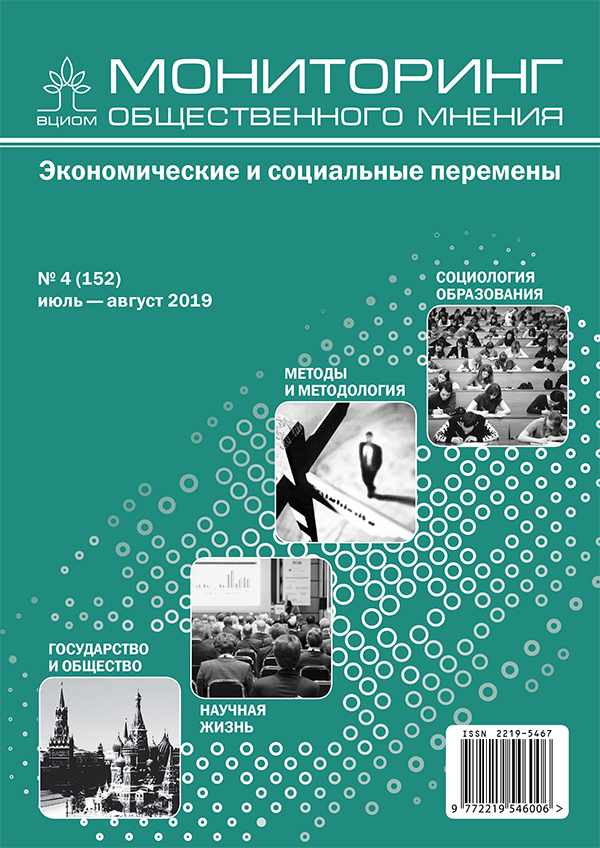Critical analysis of foreign theories of environmental behavior
DOI:
https://doi.org/10.14515/monitoring.2019.4.16Keywords:
environmental behavior, ecological action, norm activation theory, value-belief-norm model, theory of planned behavior, self-perception theory, attitude-behavior-context theoryAbstract
Based on a meta-analysis of more than 100 articles the authors attempt to compare and systematize the basic approaches and theories of environmental behavior which are poorly presented in Russian social-ecological literature. Norm activation theory, theory of planned behavior, “value-belief-norm” theory, self-perception theory, “attitude-behavior-context” approach are applied to explain the motivation for pro-ecological behavior. The authors conclude that all these theories have similar components: attitudes, values, behaviors. Most of them are focused on a dependable variable which explains complex ecological behavior. Norm activation theory explains how, based on initial environmental knowledge, the norm is formed and further transformed into pro-ecological behaviors. In contrast, theory of planed behavior analyzes social norms and relationships between individuals and social institutions. Both models show how society perceives the subjects’ behaviors which eventually will be important in forming the practices. “Value-belief-norm” theory is focused on subject’s values and beliefs which launch different ecological activities such as ecological activism, environmentalism in private sphere, pro-ecological behavior at the organizational level. Self-perception theory highlights subject’s experience in environmental practices. “Attitude-behavior-context” theory allows researchers to build multidimensional models based on ecological practices using a number of variables (infrastructure, institutional, socio-economic, demographic, situational variables). Unlike earlier theories, this approach is successful in integrating contextual factors into the analysis of various ecological actions; it explains the reasons why individuals with high level of ecological values and settings have low level of pro-ecological practices.
Acknowledgments. The article is supported by the grant of the President of the RF no. МК-3338.2019.6 entitled “Designing a qualitative model assessing new forms of Russians’ urban digital participation in solving social-ecological problems and conflicts”.






